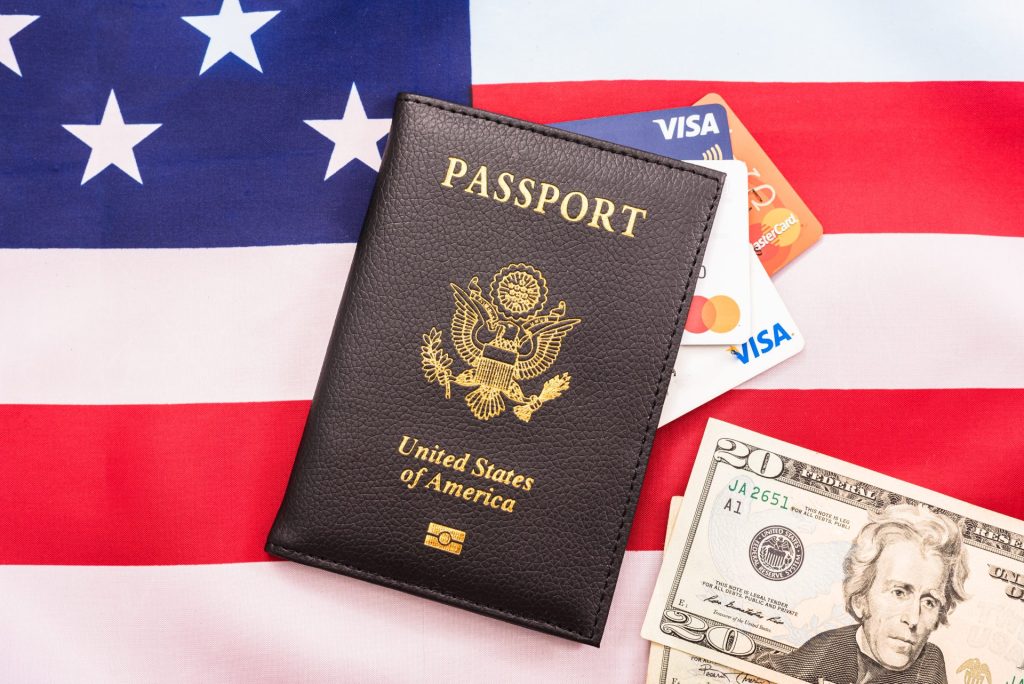Due to the coronavirus pandemic, many people are in tough immigration situations. Were you on a work visa but lost your job? Is your non-immigrant visa status expiring? You may have had plans to leave the U.S., but now you’re stuck because travel is not advised. Are you worried that sheltering in place in the U.S. will place you out of status?
At Yew Immigration Law Group, we have been answering questions like these for the last few weeks. Here we hope to provide some general guidance on your options. Keep in mind that your specific immigration history may impact your eligibility for the benefits we are discussing, so call us at our office for a one-on-one consultation about your specific situation.
Extensions and changes of status may be available
Generally, if you are in a non-immigrant status, you are expected to depart the U.S. before your visa expires. Common non-immigrant visas include:
- B-1/B-2 for visitors
- F-1 for students
- J-1 for exchange students, au pairs and trainees
- Ls/Hs/Es work visas
If you don’t depart by your visa’s expiration date or when you can no longer satisfy the conditions of your visa, you would be in violation of your visa. You could accrue a period of unlawful presence, which could negatively affect any future visits to the U.S.
The current global crisis, however, has made departure difficult or impossible. As a result, many people on non-immigrant visas can apply for a visa extension or change of status. You are required to independently qualify for this.
Generally, you must not already be in violation, such as having over-stayed your permitted allowance of time. However, if you are already in violation of your visa, you should still call us because the USCIS has a policy for “special situations” and could approve your continued stay on a case-by-case basis. This policy is longstanding, and our attorneys can assess your situation and help you present a persuasive case for approval.
Is there a grace period?
There may not be. You should apply for an extension or change of status as soon as you realize you will need it. For example, if you are on a student visa and your program or OPT ended early, you should apply as soon as you can.
There are grace periods for some types of work visas, including H-1B, L-1, E-1/E-2 and TN. If you are terminated suddenly, you generally have a 60-day grace period. However, if you have reached the end of your authorized employment period, you only have a 10-day grace period.
If you were terminated due to the pandemic, for example, you may be able to use the time to find another job. If your spouse is in the U.S. on an independent work visa and has lost their job, you may be able to change their status to a dependent visa (such as an H-4, L-2, E1/E-2 spouse or TD). If you can’t find an employment visa for which you are qualified, a last-ditch option is to apply for a B-2 tourist visa, which will allow you to tie up your affairs and shelter in place until it is possible to leave.
How long is the extension?
It depends on what status you can achieve. If you apply for a B-2 tourist visa, you can only apply for six months at a time — and the USCIS will only grant you six months from the date on which your original stay expired.
Contact Yew Immigration Law Group about your options for an extension or change of status. We hope you and your families are safe and healthy.









